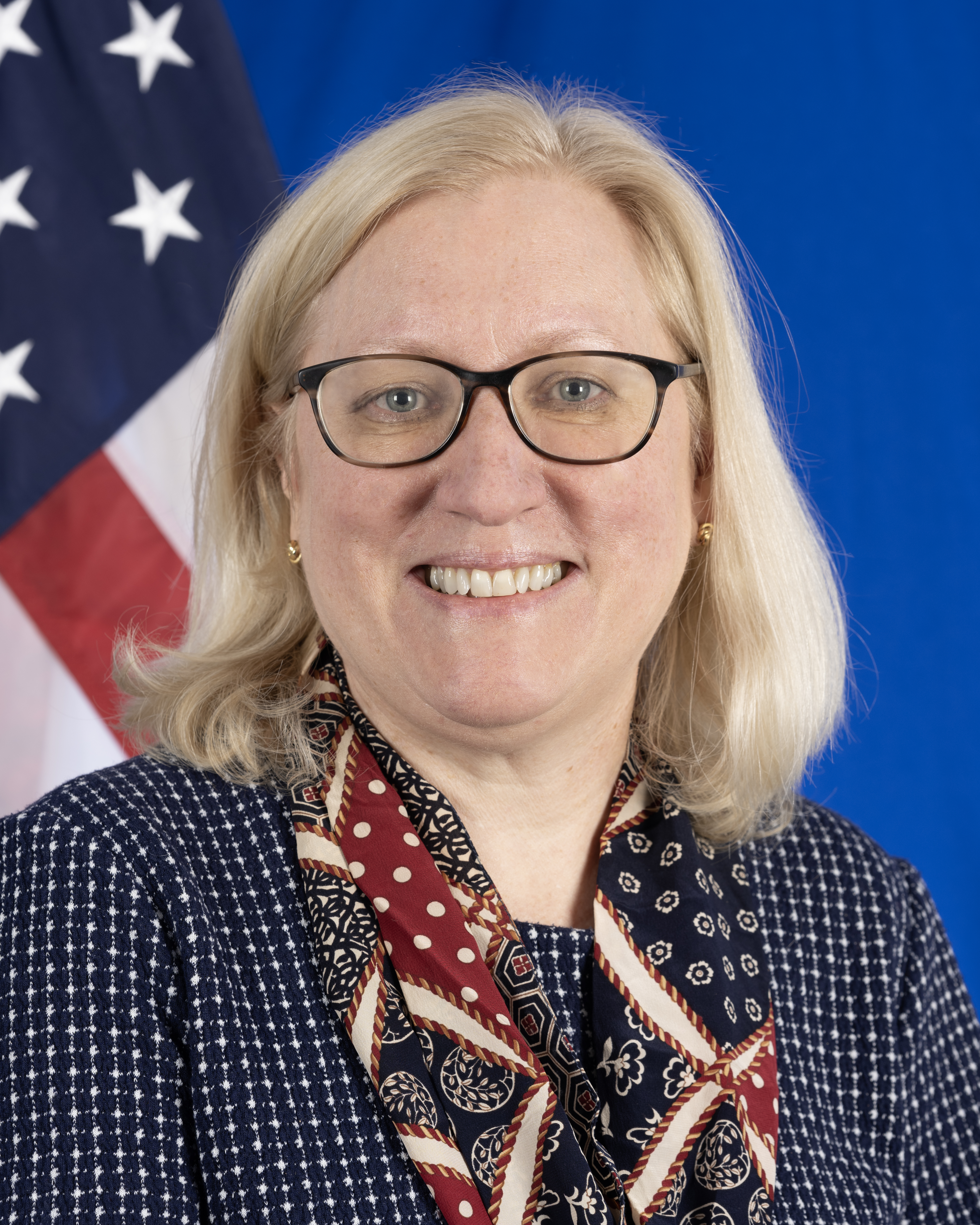Lessons Learned by J1s: Stereotypes are Meant to be Broken
Posted on Tuesday, November 15th, 2016 at 7:46 pm.By SunJeong Lee, Client Relations Officer, Cultural Vistas
A version of this blog post was originally published on the Cultural Vistas Blog

Food brings everyone together. Afghani and Pakistani international visitors (pictured here) break bread with a Vermont family.
Interning and living in a new country will give you a new perspective. It’s a chance to explore and immerse yourself in a new culture. Many of our sponsors, including Cultural Vistas, love hearing how the Exchange Visitor Program changes perspectives and builds connections.
Recently, we asked our participants how their perceptions of America have changed after their U.S. exchange programs. Join us for the next five Tuesdays to explore the answers to this question. In light of recent global and domestic affairs, exchange visitors reflections will leave you inspired and hopeful for positive change.
When you make personal connections with people in your host country, you get to see the world through their lens. Interacting with locals can provide an unparalleled cultural education to correct preconceived notions. This is what a Japanese J-1 trainee from Tokyo, noticed:
“Before I came to the United States, I had somewhat negative stereotypes of the people in this country. We often refer [to Americans] as friendly to those who they meet for the first time but rather indifferent to others, and very rational but usually behaving largely only in their own interest. Most of my negative expectations turned out to be false—my coworkers took care of me daily, talked with me about broad topics.”

A J-1 teacher from France noted: “Now I see the world with new eyes. It is all those experiences I want to share when I will come back to my country.”
A J-1 international visitor from Bangkok (who came on the International Visitor Leadership Program) noted this about America’s inclusiveness:
“With the rise of Islamophobia and hate speech covered media, I expected to face some sort of discrimination for wearing a hijab. However, nothing of that sort happened. In fact, people were super nice to me, and complimented me on how beautiful my scarves were. This has made me realize that there are good people who see past one’s belief and acknowledge humanity above everything else in these trying times,” she said.
An Israeli J-1 trainee was also pleasantly surprised at how he and his wife were embraced by the local American community:
“Before arriving in the United States with my wife, I was a bit hesitant as to how we will be welcomed as foreigners and assisted with everything. I was very impressed by how the local people took us in and helped us with everything, both our personal needs and orientation to the U.S. and the professional aspect. It was clear to me that my hesitations (that it won’t be easy for us to fit in) had no grounds thanks to the generosity and hospitality of the people we have met here.”
A J-1 teacher from France shared this thought:
“Accepting a teacher from another part of the world into your country, with a different background from American teachers is an example of tolerance and kindness. Trusting new teachers, giving them a chance, encourages students to believe in possibilities. It is also a wonderful opportunity for the students to learn more about another culture, another way of teaching, and the chance to practice the language they are studying with a native. When I return to my home country, I will also have the opportunity to share what I learned from the American culture, to go against stereotypes and encourage people to live a similar experience.”
Join us next week to see what J-1s are learning about respecting other people’s opinions.
Categories: Program Spotlight
| About Rebecca Pasini Deputy Assistant Secretary for Private Sector Exchange | |

|
Rebecca A. Pasini joined the Bureau of Educational and Cultural Affairs as the Deputy Assistant Secretary for Private Sector Exchanges in July 2023. A career member of the Senior Foreign Service, Class of Minister - Counselor, Ms. Pasini has been an American diplomat since 1997.
Ms. Pasini previously served as the Director of Public and Congressional Affairs in the Bureau of Consular Affairs from 2021-2023. Other Washington assignments have included positions in the Bureau of Consular Affairs, the Bureau of Western Hemisphere Affairs, the Office of Foreign Missions, and as a liaison to the Department of Homeland Security. She has also completed multiple overseas tours, including as Minister Counselor for Consular Affairs in Islamabad, Pakistan, and as the Consular Chief in Rio de Janeiro, Brazil and Belfast, Northern Ireland. Other tours included Mexico City and Kuwait.
A Maryland native, Ms. Pasini has a Ph.D. in Political Science from Indiana University, a master’s degree in National Security and Resource Strategy from the Eisenhower School, National Defense University, and an undergraduate degree from Mary Washington College.
Categories
Flickr
 View more photos |


